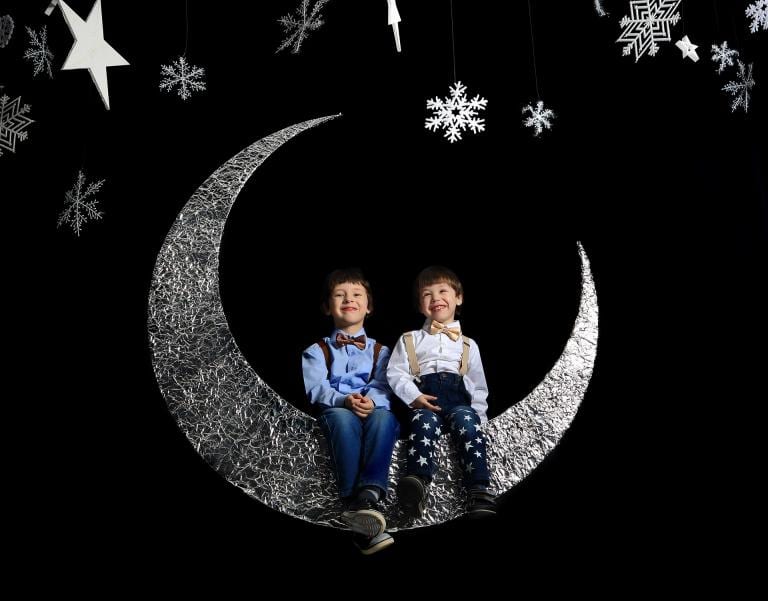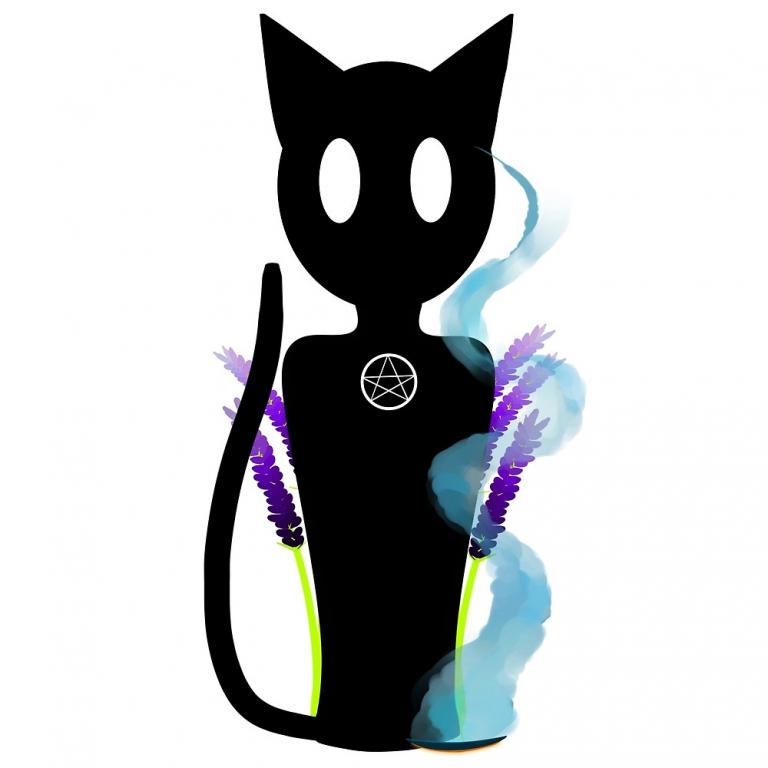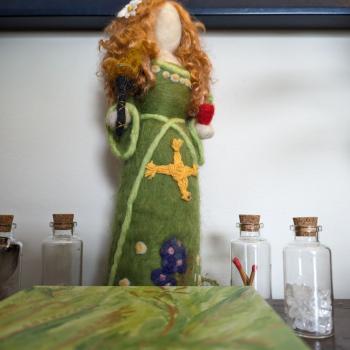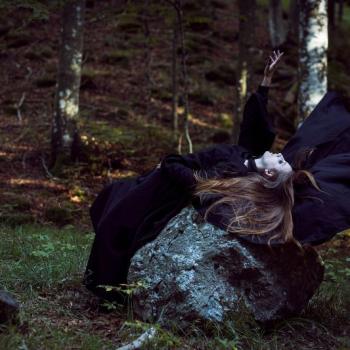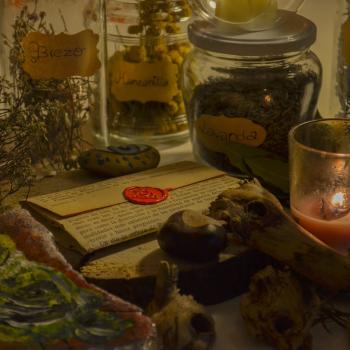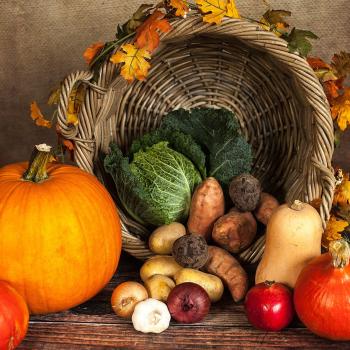As a family we love stories. Therefore, in our podcast, we have a series we call “Storytelling”. My favorite of those episodes includes creation myths. Each of us chose two stories from different pantheons or religions, and then set about telling (in our own words or with embellishments) tales of the origins of various gods, the utility of sacred cows, a pissed off progenitor, and the beginning of what humanity calls “everything”. Why did we do this and why will we continue to share various myths and stories throughout the episodes of this series? Let me tell you.

Storytelling: Stories are important.
Stories help people see the bigger picture. Stories help the listener understand what’s going on in society or culture (past and present). Through narrative, improvisation, or a little bit of “theatre”, stories preserve history, share insight into the human psyche, help individuals develop social and emotional skills, and provide a bit of cautionary advice.
And while there is always value in reading a book (to oneself or aloud), our current method of receiving stories through television and movies while fun does not allow a person to experience the story in quite the same way as through the oral tradition of a storyteller. A storyteller, who through voice, tone, language, vocabulary and gestures relay the information in a much more intimate fashion even when addressing a large group (or in our case a podcast, even though you can’t see our gestures or facial expressions).
Listening to a person narrate a story invites the mind to create images and characters based on what they are hearing, allowing the imagination to take the information and visualize or experience the scene in a more personal way.
The earliest civilizations told stories through “oral tradition.” Before cuniform, runic alphabets or other forms of writing were developed, people told stories to one another as a means of passing down important information about their spiritual beliefs, family or tribal histories, and what they needed for survival. Stories were not simple entertainment but lessons for all members of a community (young and old) to learn and pass on.
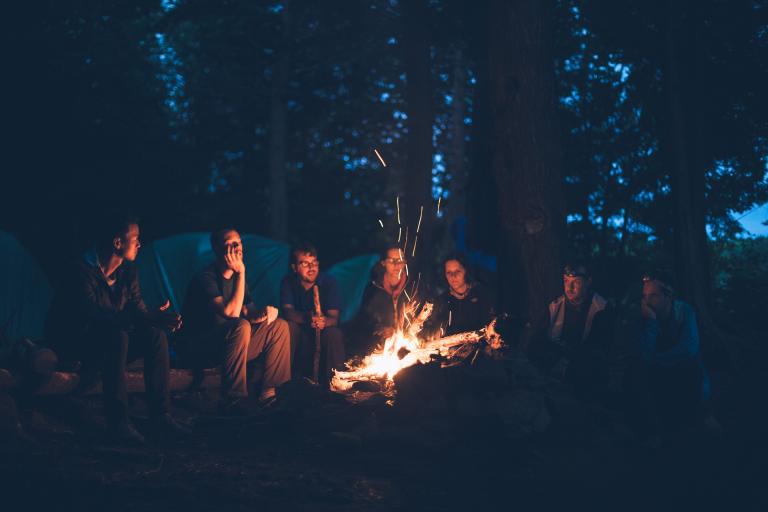
Storytelling: The Value Of Sharing Remains
Storytelling: Connects Us To A Shared History
Car, Ode, and I love to tell and listen to stories because doing so connects us to a shared past with our spiritual community. As a self-initiated Solitary Green Witch who honors Brighid, Frigga, and Hekate, hearing the stories and myths of the Greek, Norse/Germanic, and Celtic cultures help me learn more about my deities. Hearing stories from another pantheon such as Egyptian or Hindu, allows me to learn and appreciate culture or religious tradition that is different from my own.
In my view, storytelling is vital to Pagan, Witch, Wiccan, Druid, Heathen or other traditions practice. A task which is easier when part of a coven, group, grove or kindred. However, solitaries can find ways to make storytelling a part of what we do as well. Perhaps as we participate in large festivals or Pagan events by sitting down, gathering a group of people and sharing favorite myths or inviting others to share the stories they know.
So, I encourage you to learn the stories of your tradition or any myth, fable, poem or fairy tale which interests you. Share your mythology and stories with others. Sit around a campfire and tell ghost stories. Bring the epic adventures of your favorite heroes to life with your words. And create stories of your own life or adventures you’ve experienced. Become a storyteller, so that others who listen can know what’s important to remember.

